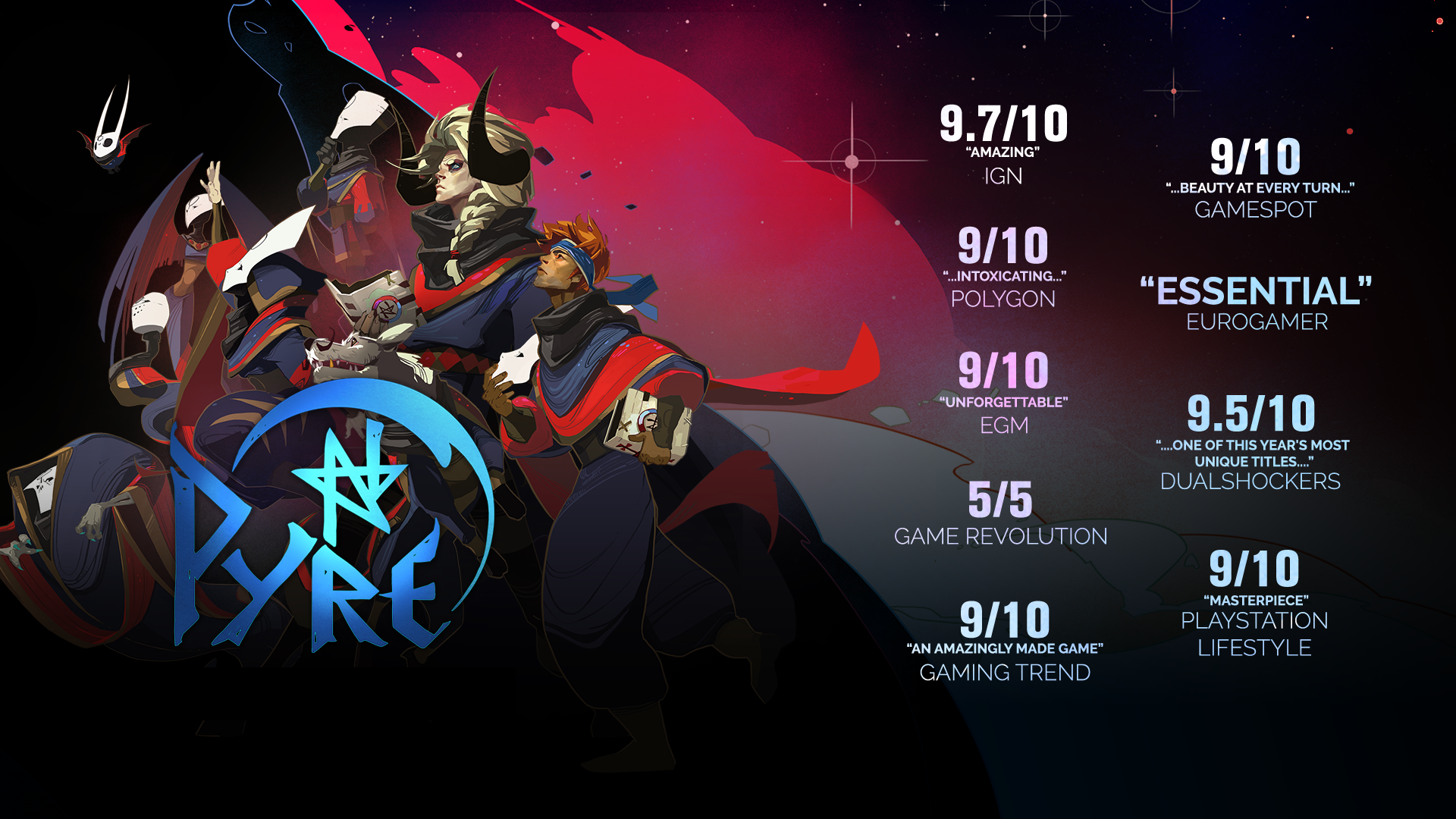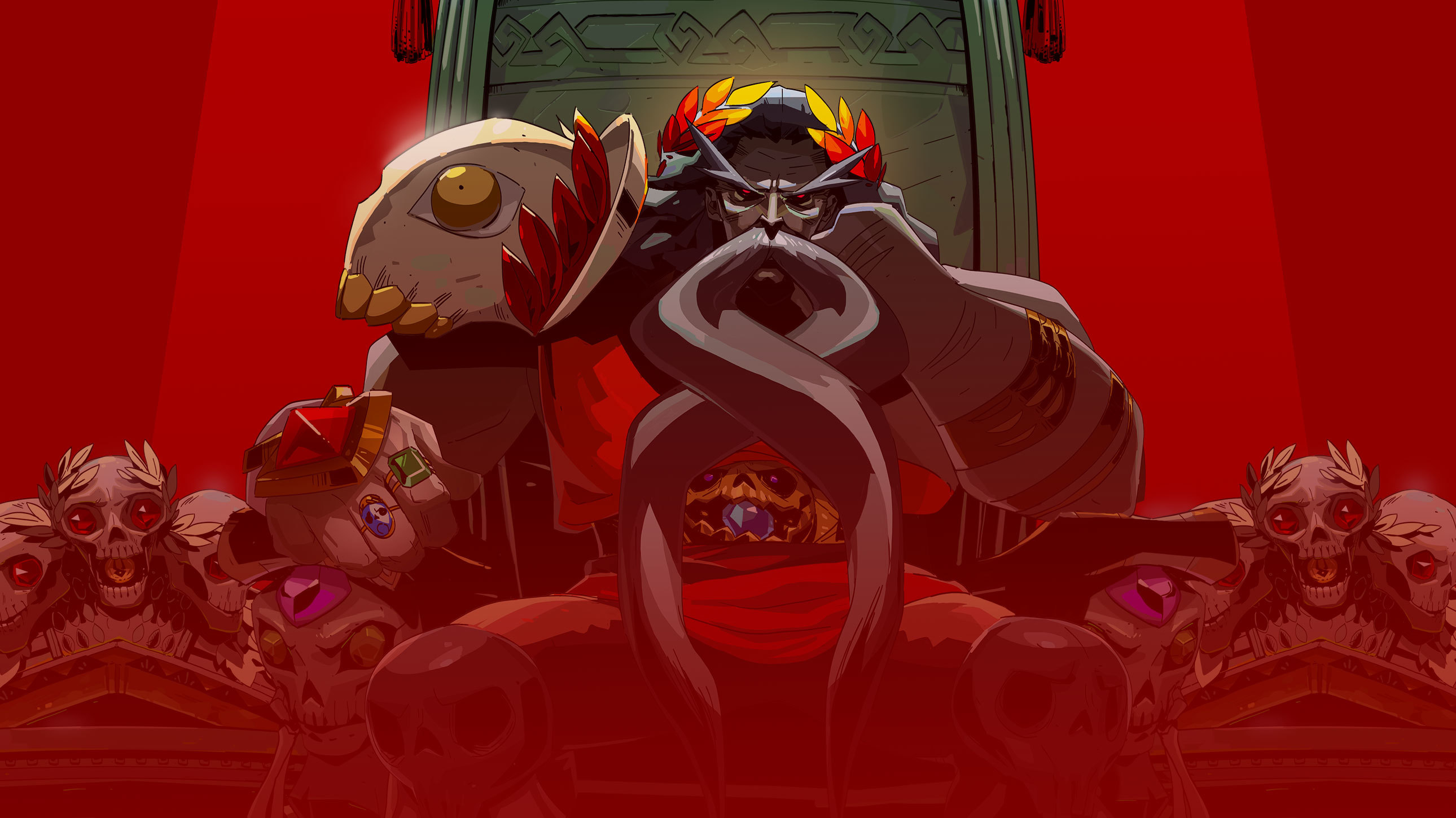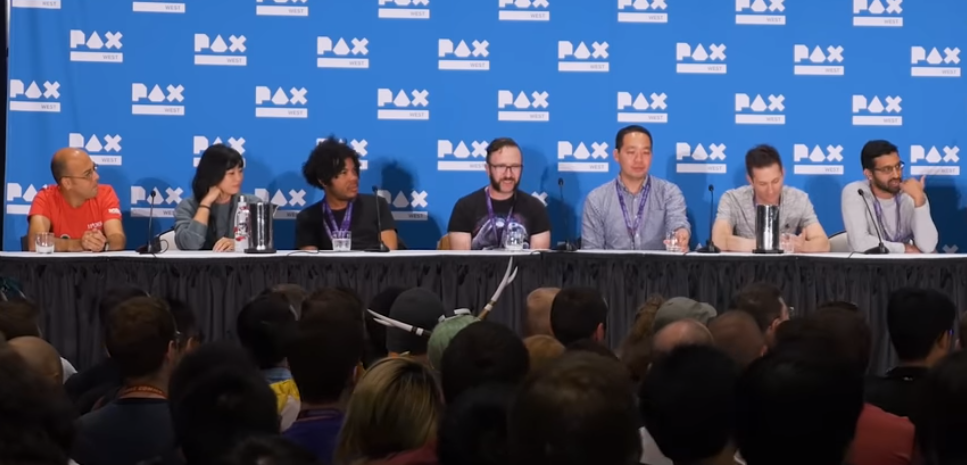
https://store.steampowered.com/app/1145350/Hades_II/
Feedback from our player community through the course of development was foundational to the design and vital to the quality of the original game, so we plan to reprise that type of process with Hades II. Expect more information about our Early Access sometime in 2023.
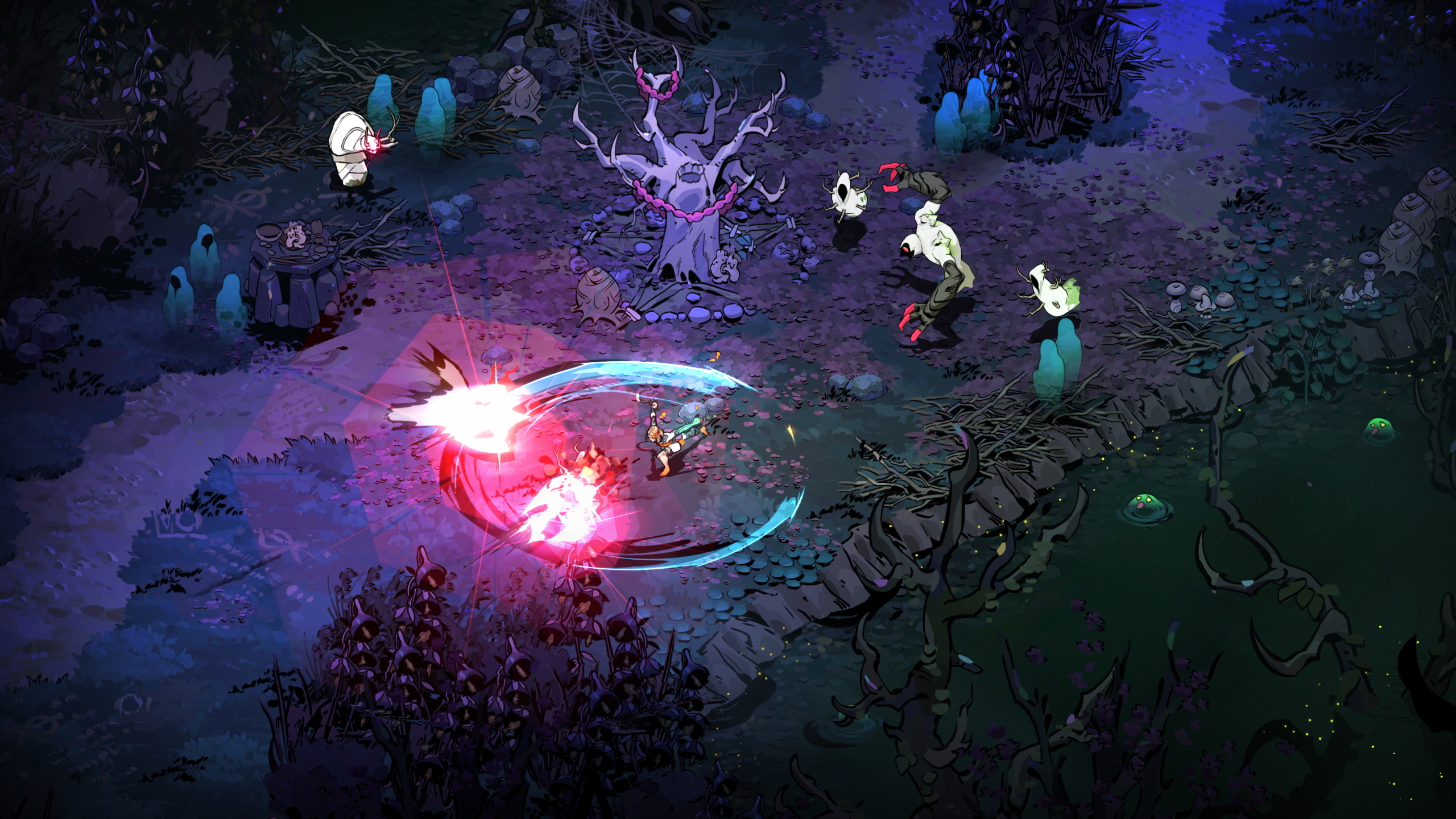
This is a direct sequel taking place sometime after the events of the original game. No prior knowledge of the original Hades is needed, though there are plenty of connections!
As Melinoë, the immortal Princess of the Underworld, you'll explore a bigger, deeper mythic world, vanquishing the Titan's forces with the full might of Olympus behind you, in a sweeping story that continually unfolds through your every setback and accomplishment. New locations, challenges, upgrade systems, and surprises await as you delve into the ever-shifting Underworld again and again.
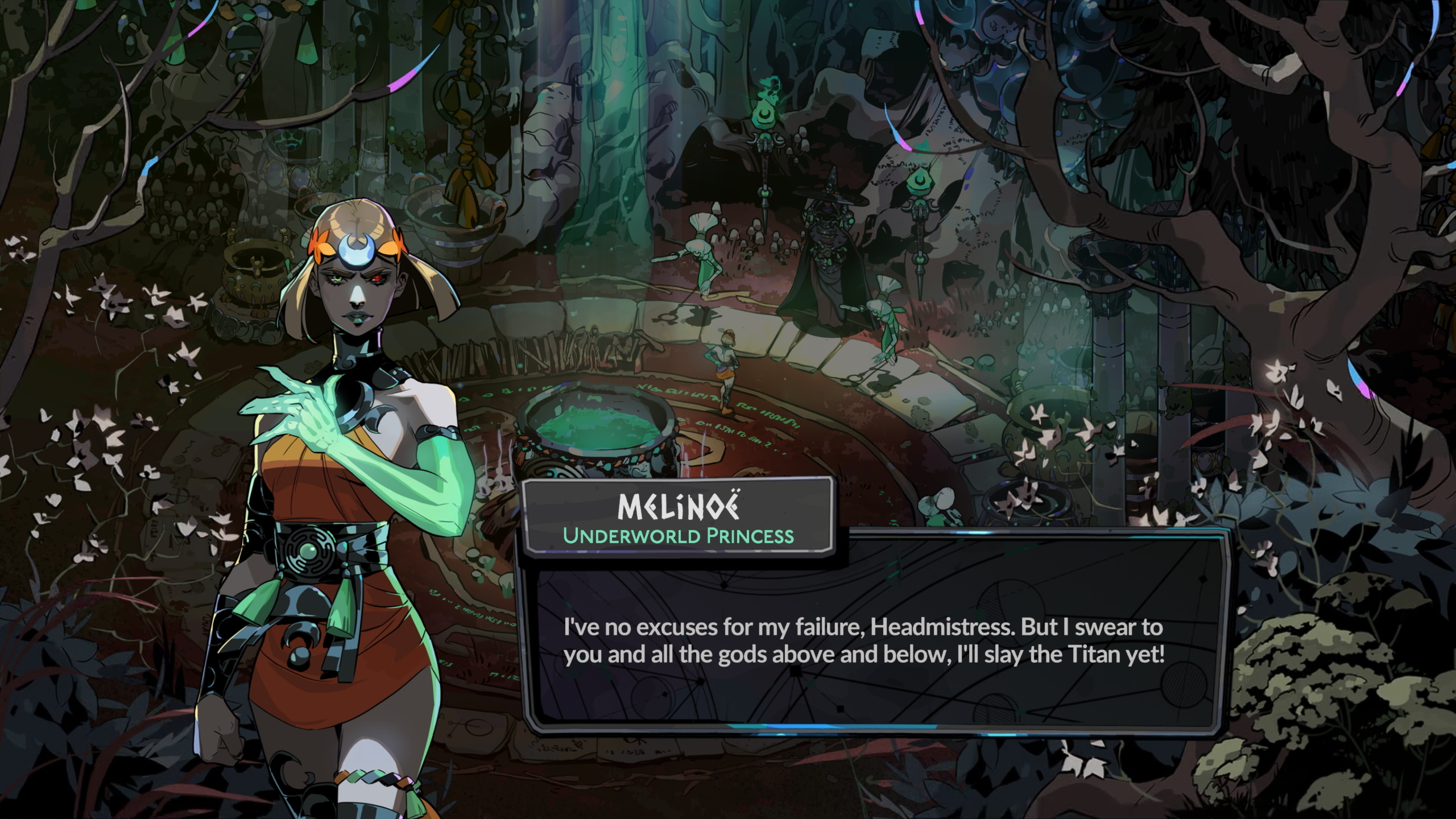
Like her brother Zagreus from the original game, Melinoë is not a character of our own invention, and is based on an ancient Underworld deity thought to be related to Hades. What little ancient mythology exists about her was more than enough to make us want to explore her story and connection to her family, and in so doing, expand on our vision of the Underworld!
For more details, check our Hades II FAQ. Please note, much like with our past titles, we plan to leave many details for you to discover!
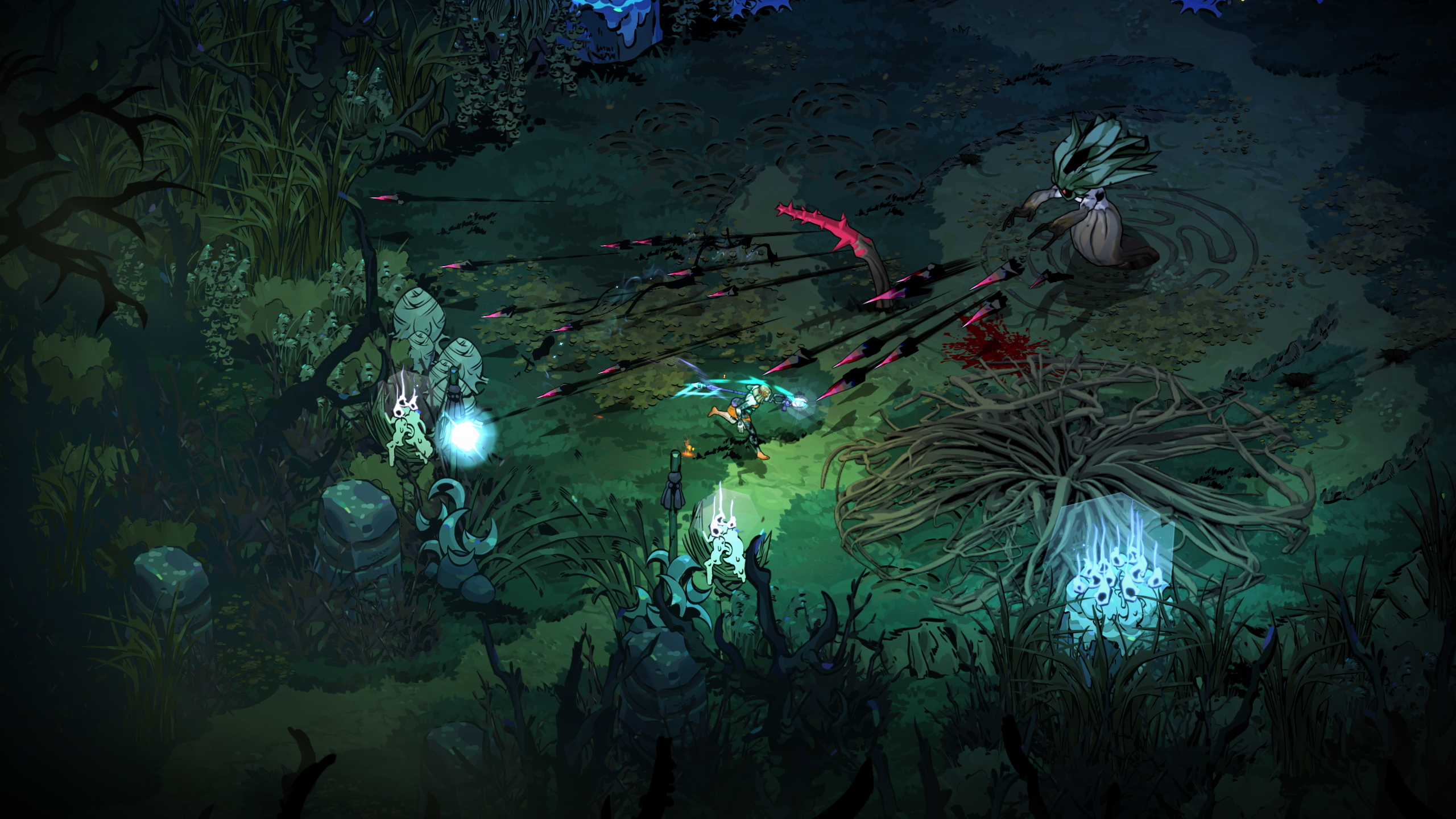
We now have more than 20 people on our team (a few more than on the original Hades), including all seven of the original members of the team that created our first game, Bastion, who have worked together in their respective roles on all our games ever since.
We work on one main new game project at a time, and Hades II is that project for the foreseeable future. The original Hades earned more than 70 Game of the Year awards following its v1.0 launch in 2020, and grew into our most successful game. Now, we are doing our best to make a sequel that lives up to its predecessor, and stands strong on its own merits.
Your generous support is the reason we've been able to stick together as a team all this time, so thank you very much for believing in us and for your patience as we develop this game!










